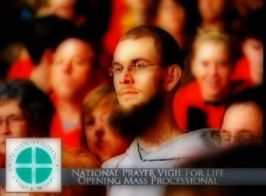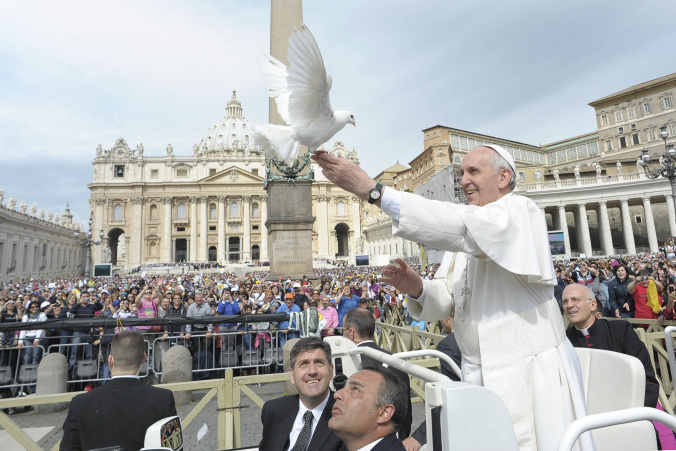
Pope Francis holds a dove before his weekly audience in St. Peter’s Square at the Vatican May 15. (CNS photo/L’Osservatore Romano via Reuters)
Since Pope Francis was elected Pope in March 2013, he has made evident through both word and deed that poverty is a core theme of his papacy. He implores us to make the circumstances of those who are poor a central concern guiding our action in the world at all times, not just for a day, a month, or for an hour a week.
He began his papacy by expressing “How I would like a Church which is poor and for the poor!” And in the first homily of his papacy, Pope Francis reminded us that it is everyone’s responsibility to “embrace with tender affection the whole of humanity, especially the poorest, the weakest, the least important, those whom Matthew lists in the final judgment on love.” Pope Francis challenges us to take a disposition of ‘encounter’ offering that “you can’t speak of poverty without having the experience with the poor,” and that “the path to Jesus is to find his wounds, to touch his wounds, to caress the wounds of Jesus, and to bind them with tenderness.”
In the United States, 46.7 million people, including 1 in 5 children, experience poverty, and an additional 14.7 million Americans are ‘near poor’, or have incomes between 100% and 125% of the federal poverty level.
Poverty continues to disproportionately impact families of color, and some states and jurisdictions have child poverty rates at 29 and 30%. In their 2015 book, Edin and Shaefer offer a portrait of deep poverty (income below half the poverty line), in which 20 million Americans, including 7.1 million children, live in conditions and are forced to make choices that undermine their dignity and imperil their health and safety.
Pope Francis speaks about poverty as a ‘scandal, in a world where there is so much wealth,’ and calls us to address “the structural causes of poverty, inequality, the shortage of dignified work and housing, and the denial of their rights as members of society and as workers.” The Catholic Campaign for Human Development is the U.S. Bishops’ initiative to address the structural causes of poverty through community organizing and economic development. Their grants support movements for living wages, affordable housing, and dignified work, as well as economic development initiatives that give attention to the dignity of people and the care of our planet. Cultivating a deeper awareness of poverty and supporting CCHD are two ways we can heed Francis’ call to fight against the ‘globalization of indifference, [and help build] a new civilization of love and solidarity.’
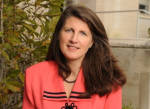
Photo by Ed Pfueller
Linda Plitt Donaldson, MSW, PhD is Associate Professor at the Catholic University of America, National Catholic School of Social Service and serves as a consultant to the bishops’ subcommittee for the Catholic Campaign for Human Development.
Learn more about Poverty Awareness Month at the USCCB website, including downloadable resources in English and Spanish.
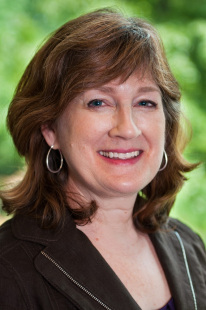
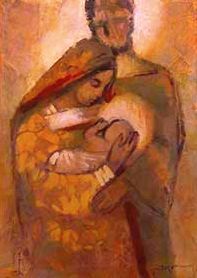 This week is National Migration Week. Where did your ancestors come from? What did they find in their new country? How can we seek and encounter those on the move today who are part of our “one family under God”?
This week is National Migration Week. Where did your ancestors come from? What did they find in their new country? How can we seek and encounter those on the move today who are part of our “one family under God”?